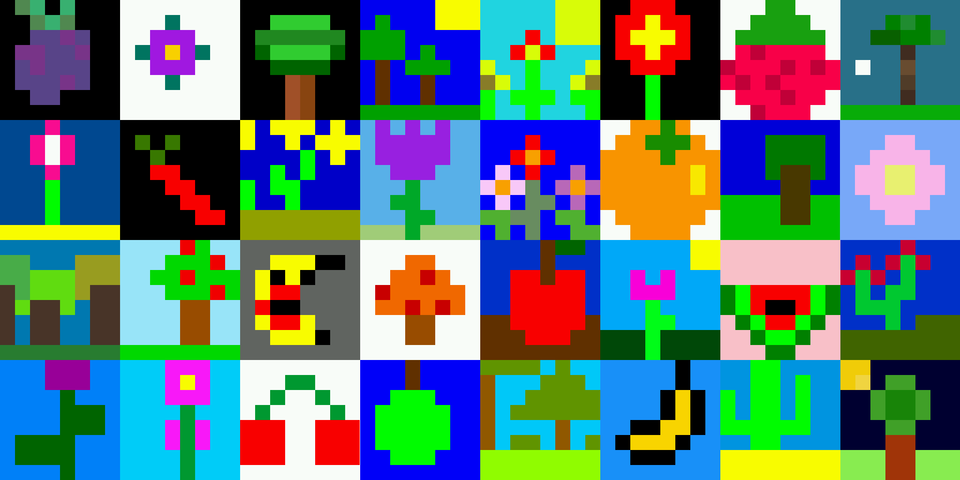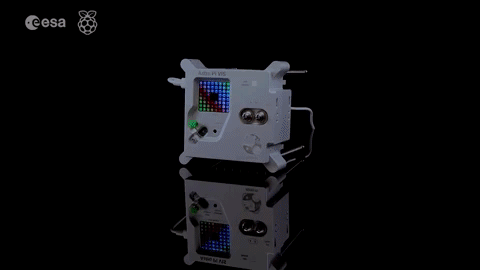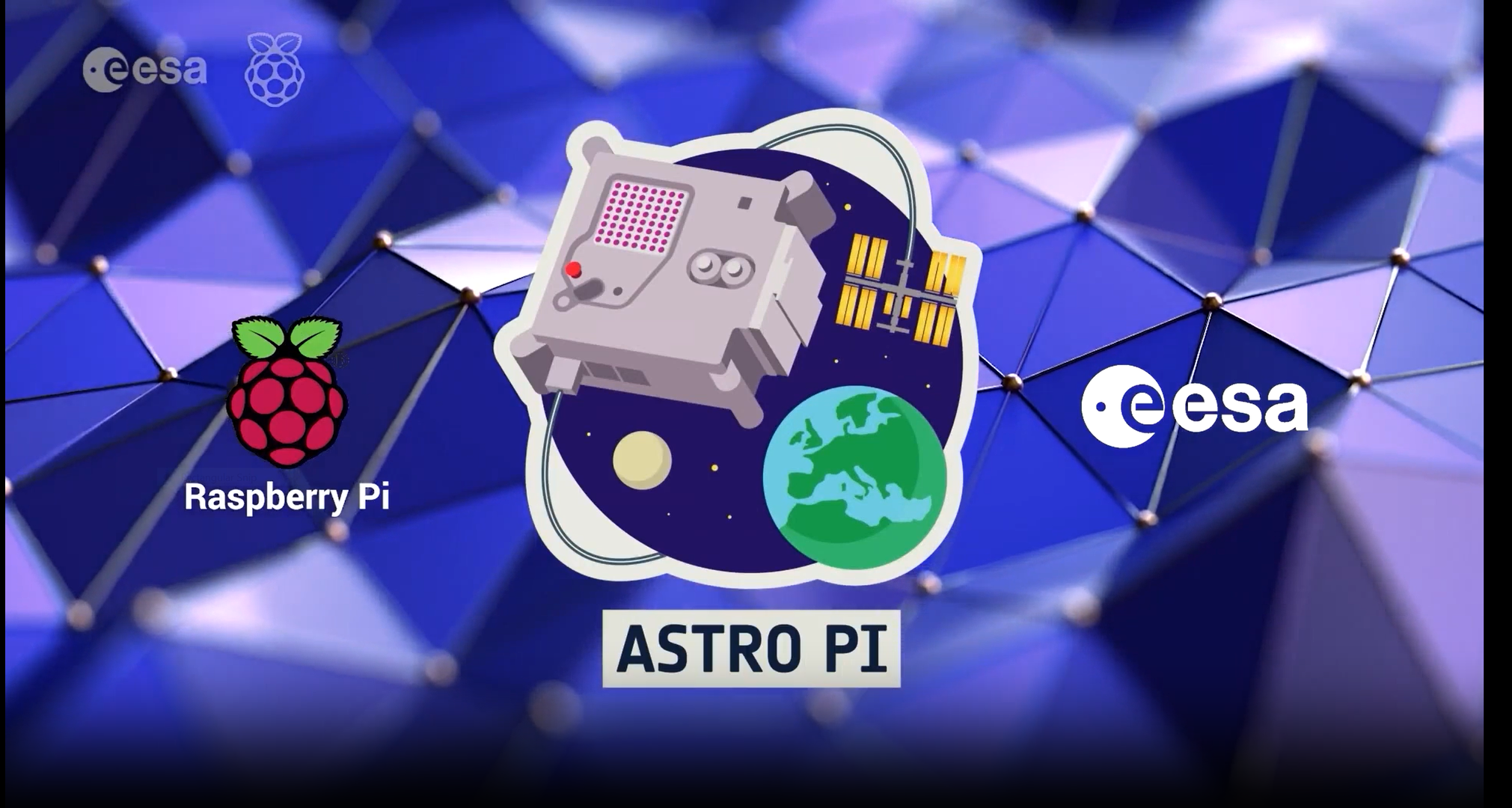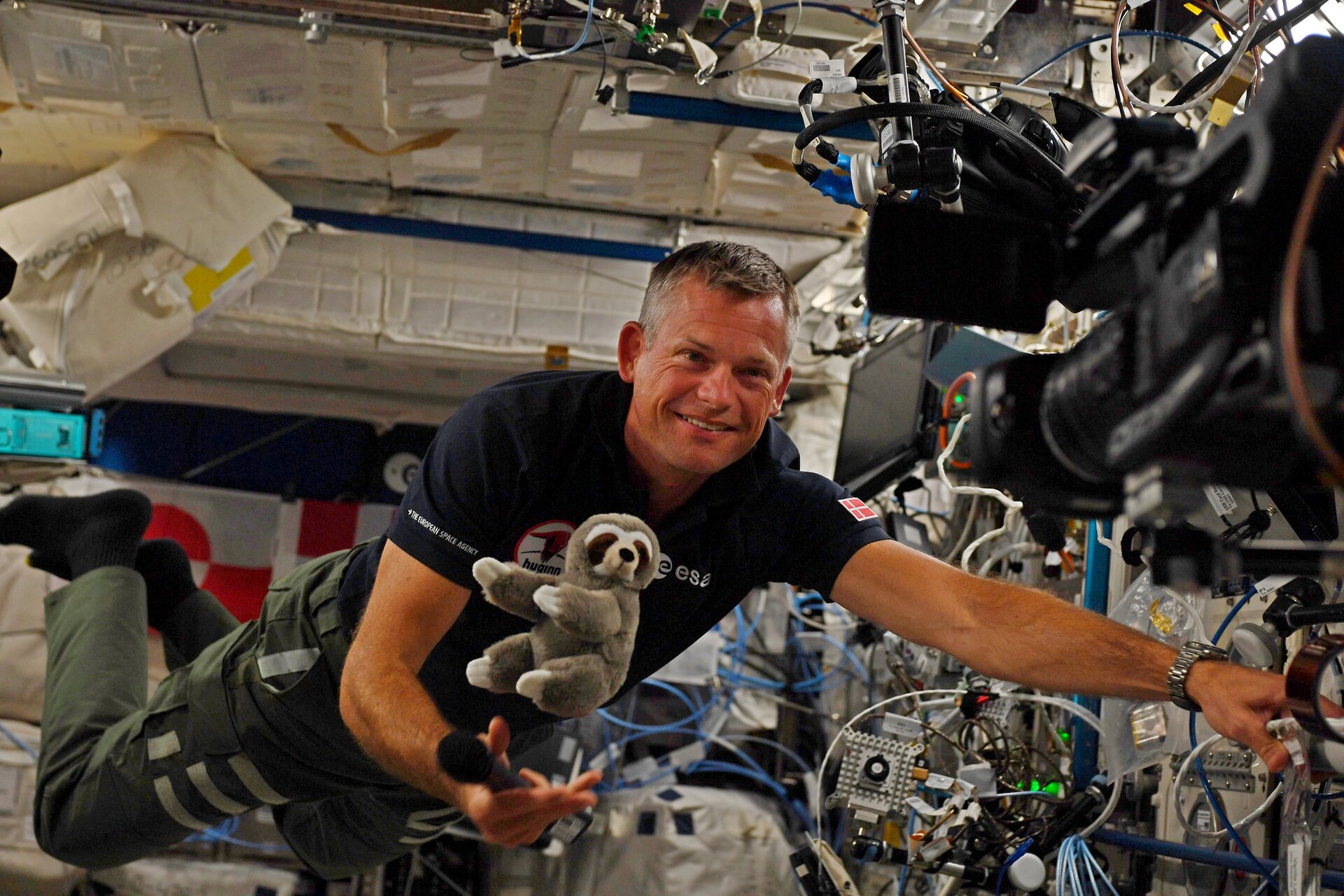Reach for the stars with the European Astro Pi Challenge 2023-2024
The European Space Agency and the Raspberry Pi Foundation invite young people to join the brand-new European Astro Pi Challenge 2023-2024, starting today. Get involved in the amazing opportunity to send your computer program to space!
Run your code in space!
This summer we saw ESA Astronaut Andreas Mogensen launched to the International Space Station. Get ready: this school year it will be Andreas overseeing your Astro Pi programs running on board the ISS!!
If you haven’t heard of it before, the European Astro Pi Challenge is an ESA Education project run in collaboration with the Raspberry Pi Foundation. It offers young people the amazing opportunity to conduct scientific investigations in space, by writing computer programs that run on Raspberry Pi computers on board the International Space Station.
Participation is free and open for young people up to age 19 in ESA Member States (eligibility details are on the Astro Pi website).
The challenge features two levels of complexity to choose from.
Mission Zero

In Astro Pi Mission Zero, the challenge's simpler category, teams of young people write a simple Python program to take a reading using the colour sensor on one of the ISS Astro Pi computers and display a personalised pixel art image for the astronauts on board the ISS.
This coding activity can be completed in around one hour, for example during a school lesson or coding club session. It can be done in a web browser, on any computer with internet access. No special equipment or coding skills are needed, and all teams that follow the guidelines will have their program run in space.
The theme for the 2023-2024 is ‘fauna and flora’: young people are invited to program inspiring pixel art images or animations of plants and wildlife that will display on the Astro Pis' LED screen, to remind the astronauts aboard the ISS of Earth’s natural wonders.
All young people that meet the eligibility criteria and follow the official Mission Zero guidelines will have their program run in space for up to 30 seconds. Participants will receive a personalised certificate that will show the exact start and end time of their program's run, and the position of the ISS while their program ran.
Mission Zero 2023/24 opens today, Monday 18 September, and is open for submissions until Monday 25 March 2024.
A renewed Mission Space Lab

In this year's Mission Space Lab - the challenge's more advanced category - ESA astronauts are inviting teams of young people to write computer programs to solve a specific scientific challenge: to measure as accurately as possible the speed that the International Space Station (ISS) is travelling. To achieve this, teams can use the Astro Pi computers’ sensors (sense HAT) and camera to gather data about the orientation and motion of the ISS as it orbits the Earth
Thanks to this new format, ESA and the Raspberry Pi Foundation made it possible for many more teams to run their programs in space and get a taste of space science.
Registration and submissions for Mission Space Lab will open on 6 November. More information is coming soon!
Sign up for Astro Pi news
You can keep updated with all the latest Astro Pi news by signing up to the newsletter at astro-pi.org. Contact us for any questions at enquiries@astro-pi.org.


Access the video


